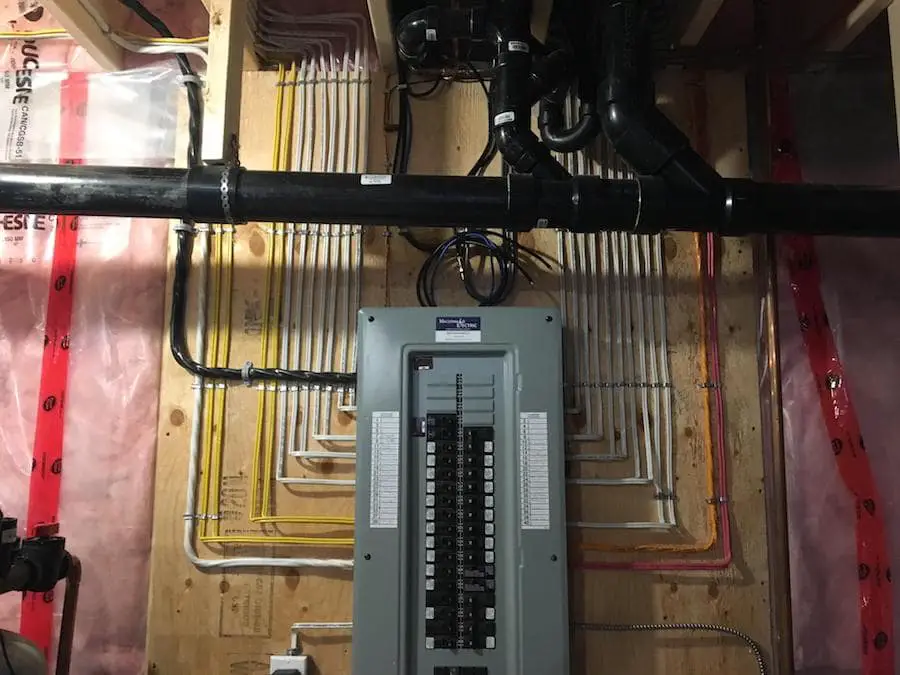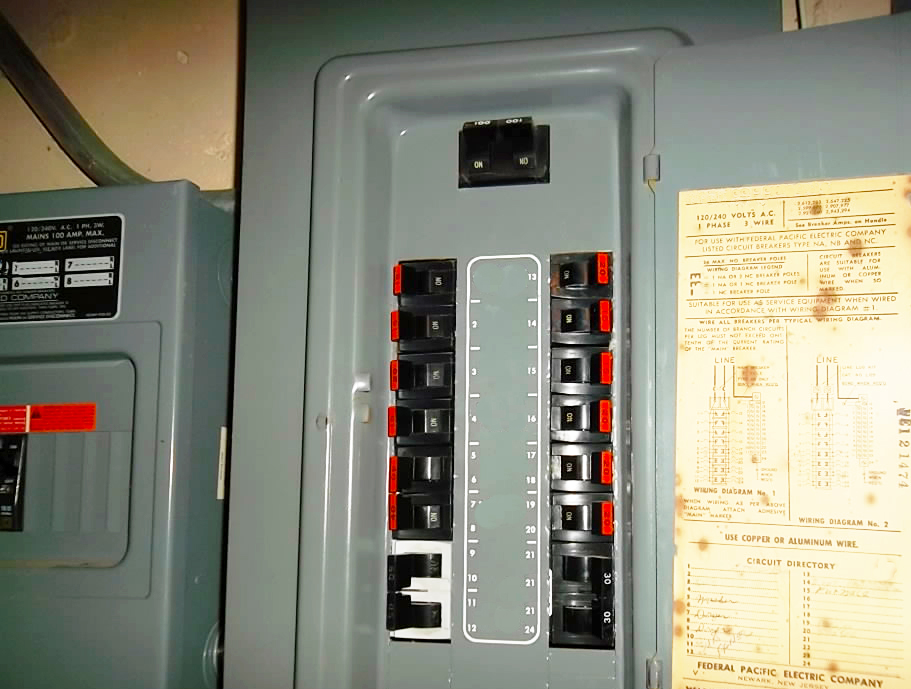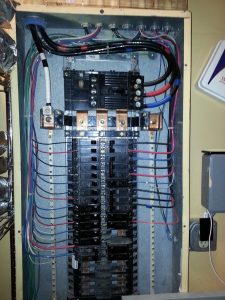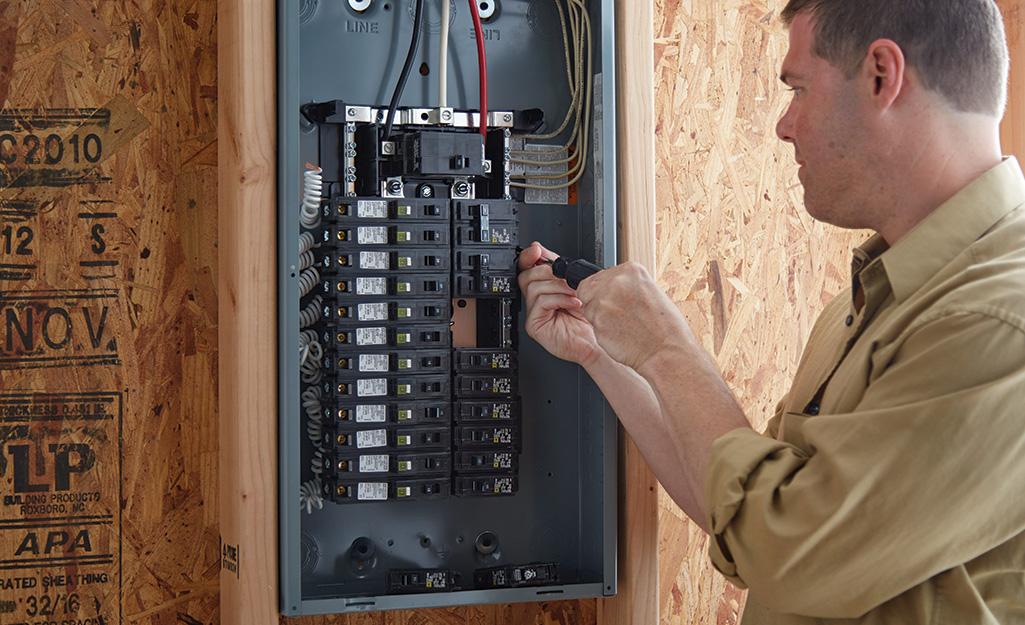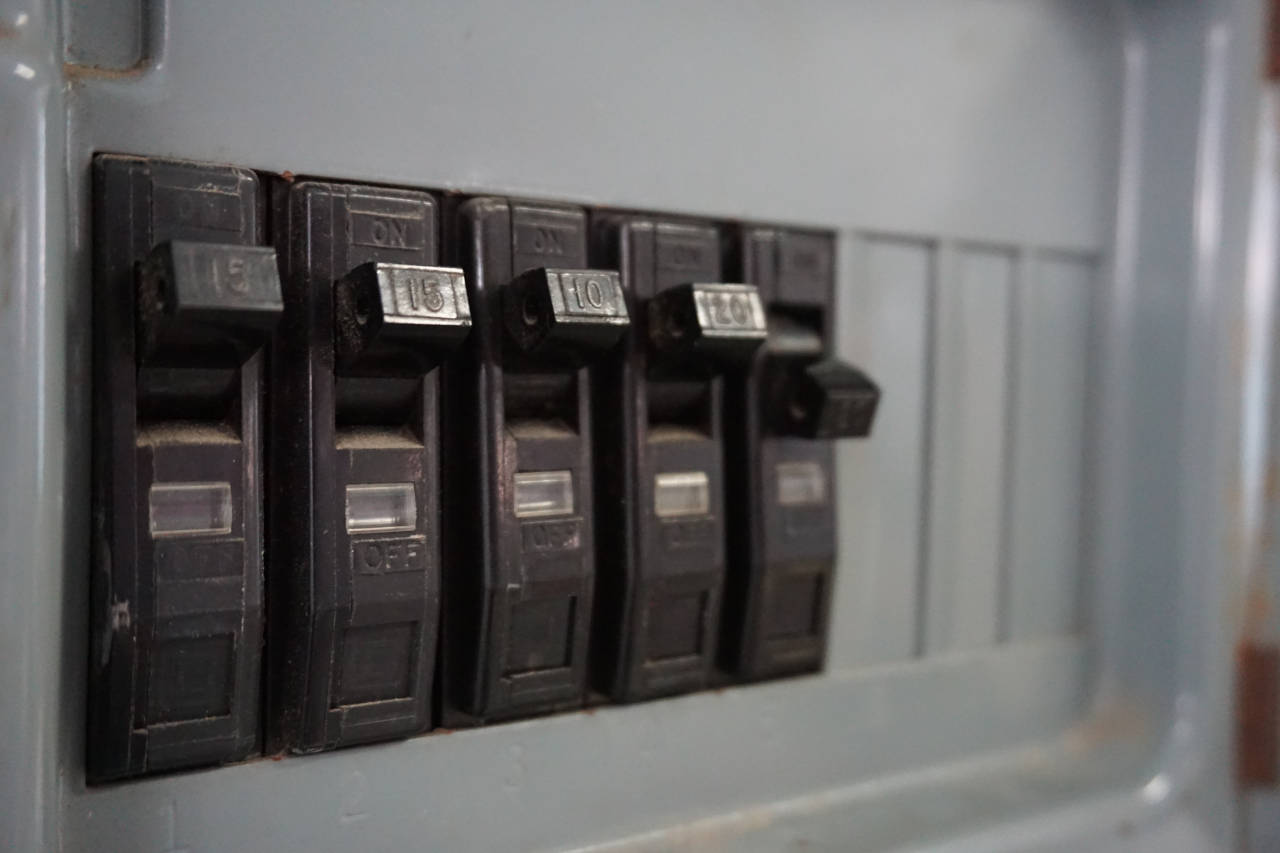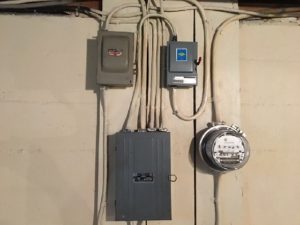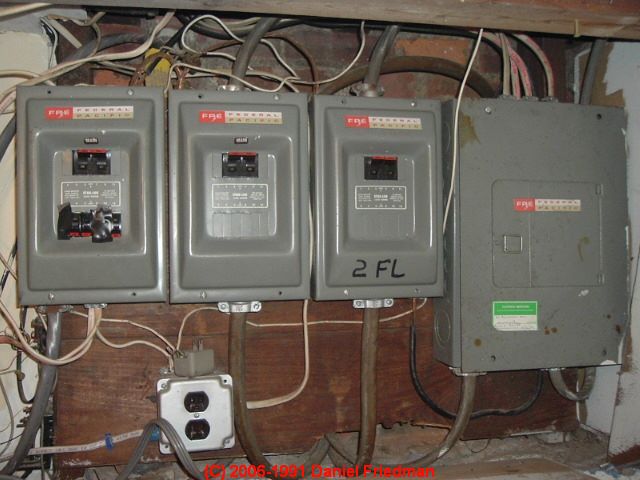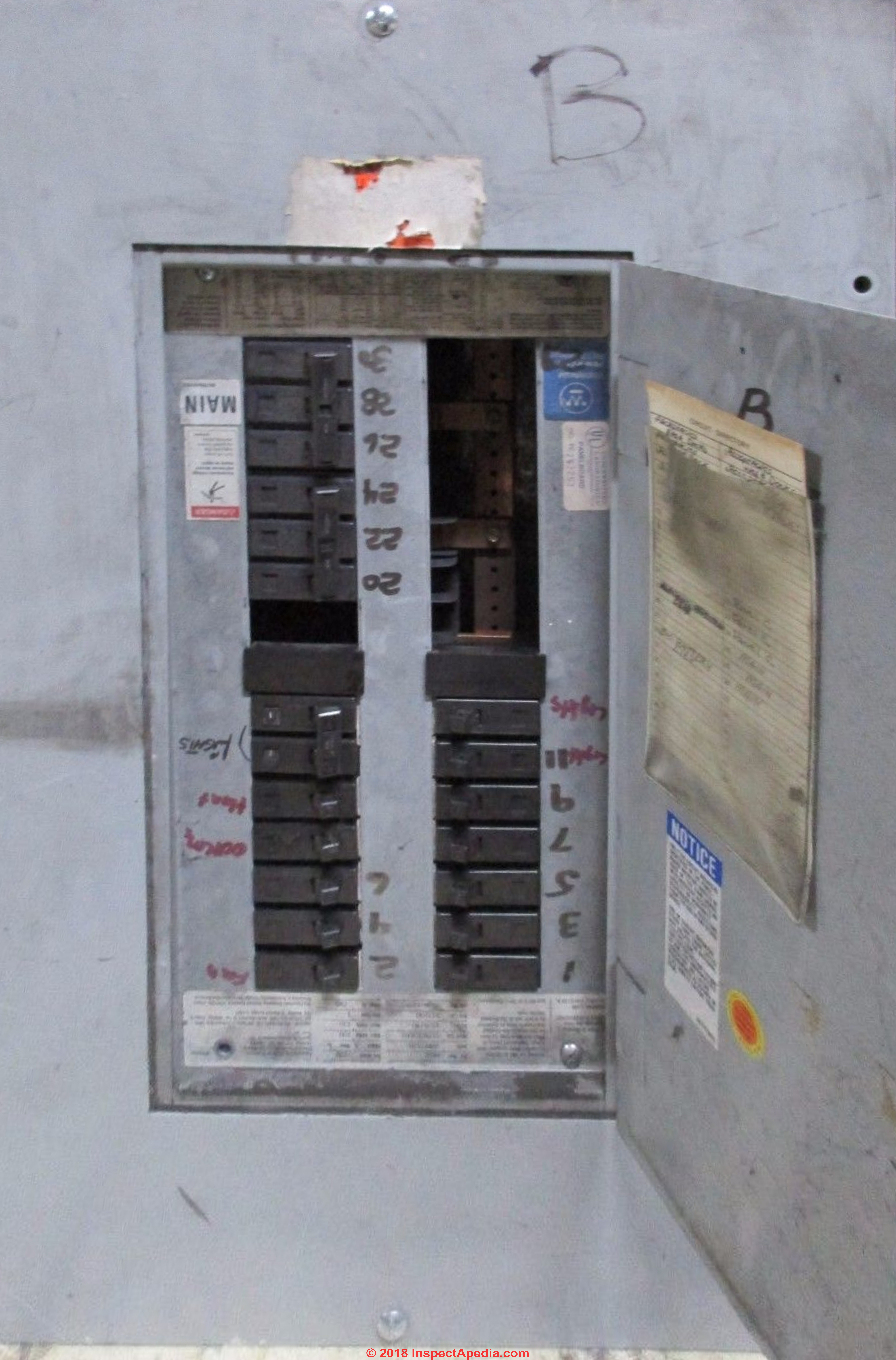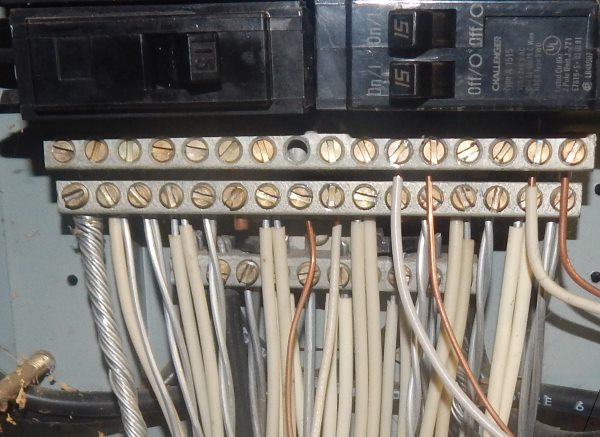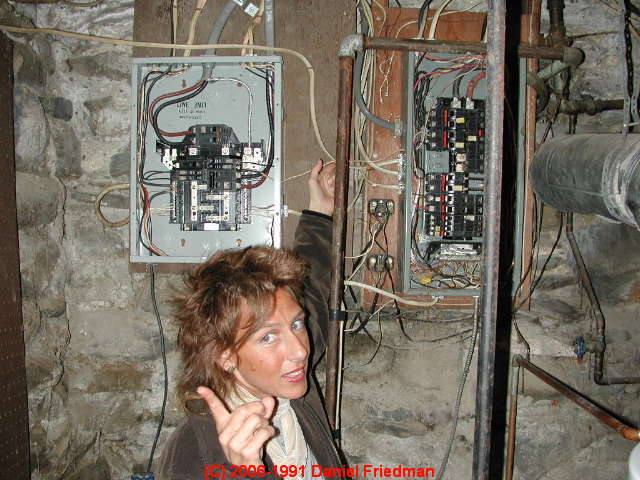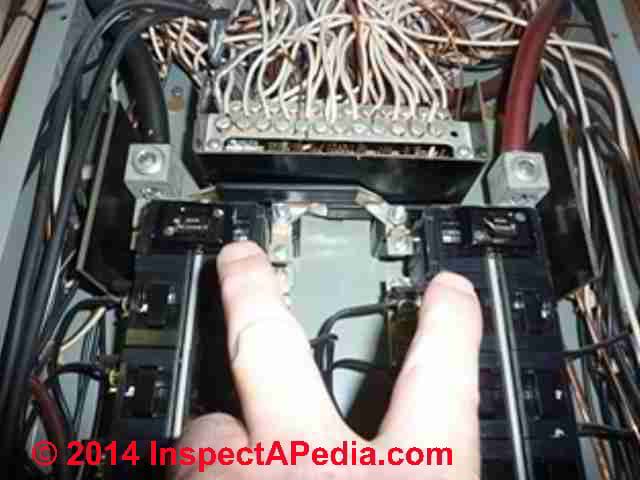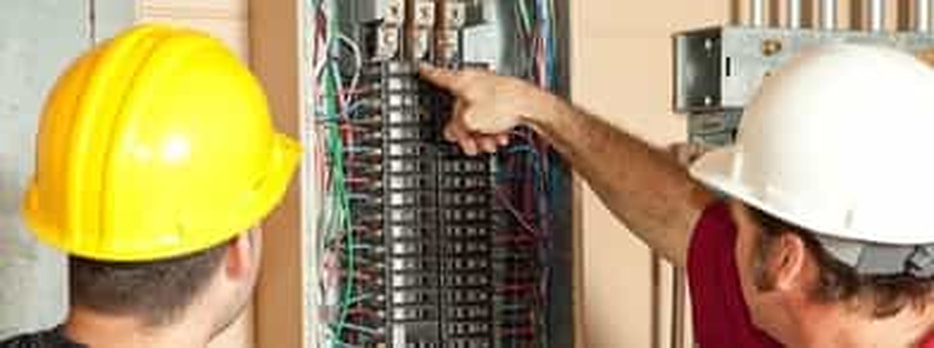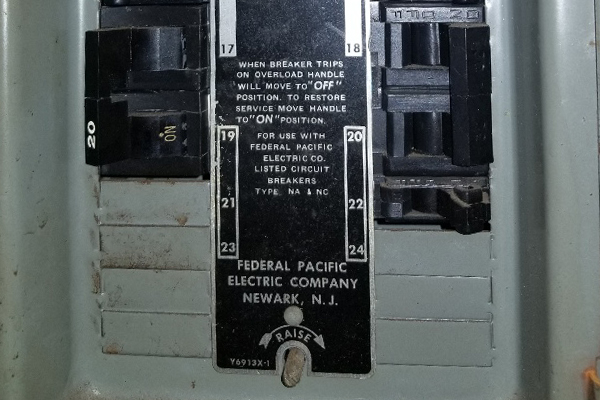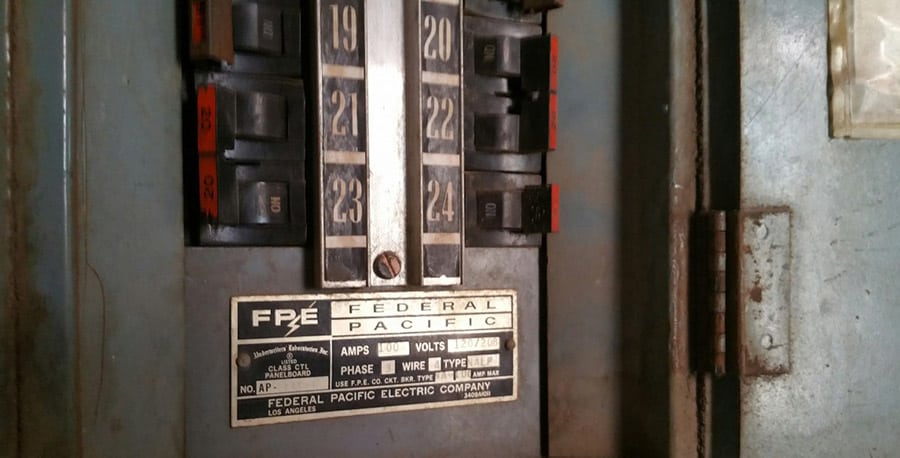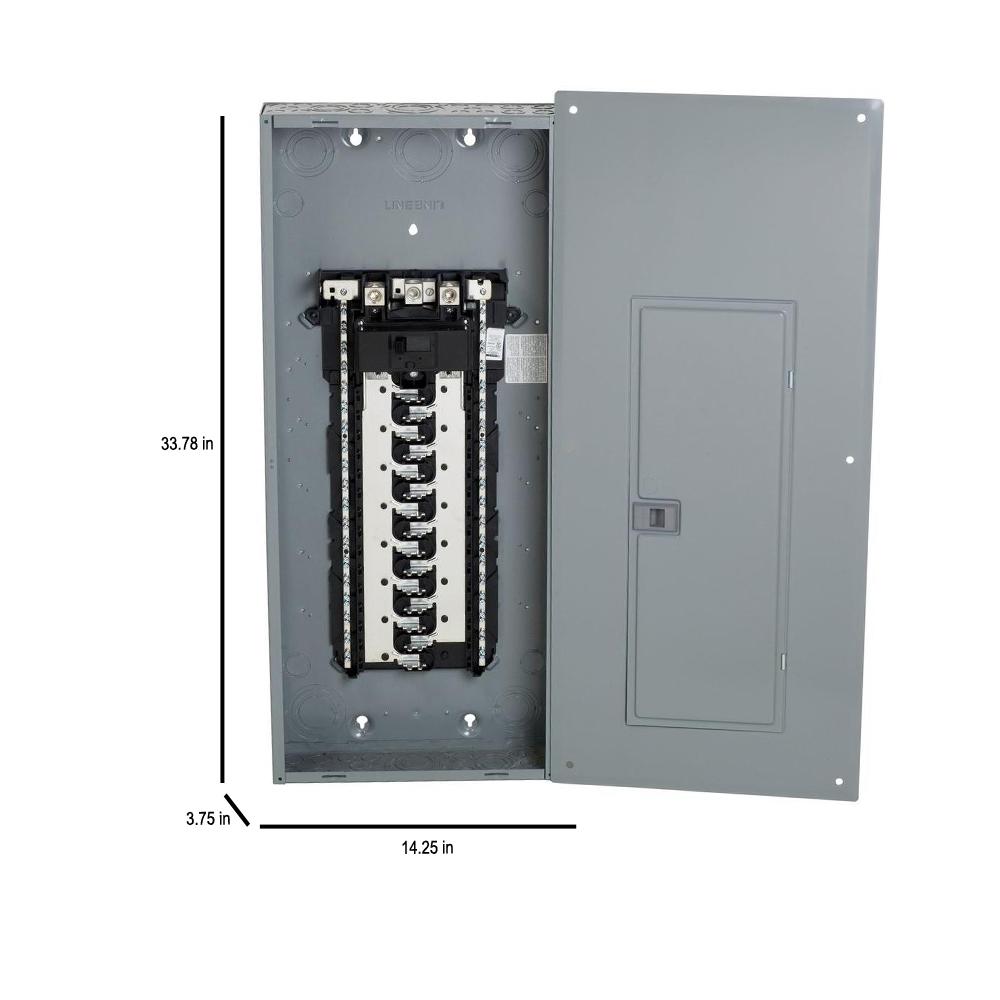Can A Homeowner Replace Electrical Panel In Florida
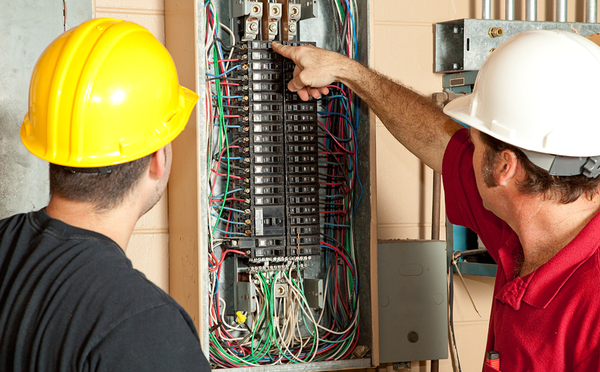
It is a network of wires and switches.
Can a homeowner replace electrical panel in florida. Laws vary from location to location and homeowners often get a pass on some of the bullshit. For example annual premiums in florida average 2 055 while. If you feel the need to pay a licensed electrician 500 1500 to pull a permit and bless the metal box. The panel will also have to meet certain electrical code specifications.
Do nothing and risk the sale. Replacing old panel boxes is ideal because of improvements in new panels. You may not need a permit for minor maintenance or replacements such as a fuse or light. Generally speaking a complete homeowners policy will cover the electrical panel should it malfunction or prove a substantial risk.
The electrical panel is the center of electricity supply in a home or building. While there are some pretty obvious signs that your electrical panel may be in need of a tune up there are also some that are more on the subtle side and are important to look for. You can identify the electrical panel as a metal electrical service board located outside the home in the garage or the utility room. Common signs an electrical panel should be replaced.
It is called several other names such as the distribution board and breaker panel. Homeowners insurance costs an average of 1 083 annually across the us but that number varies widely from state to state. You may be able to discover some other potential paths in consultation with your realtor and your prospective buyer too but those three are the most common in this situation. Part 68 and employees contractors and subcontractors of companies and affiliates thereof.
You can potentially do some electrical work yourself but you first need to understand the implications of diy electrical work and the law. If you have a hunch that your electrical panel needs to be replaced it s most likely due to these reasons. A landlord landlord s agent or the employee of the landlord or landlord s agent may replace an existing garbage disposal dishwasher or electric water heater with a similar appliance of 30 amps or less single phase in residential properties.
